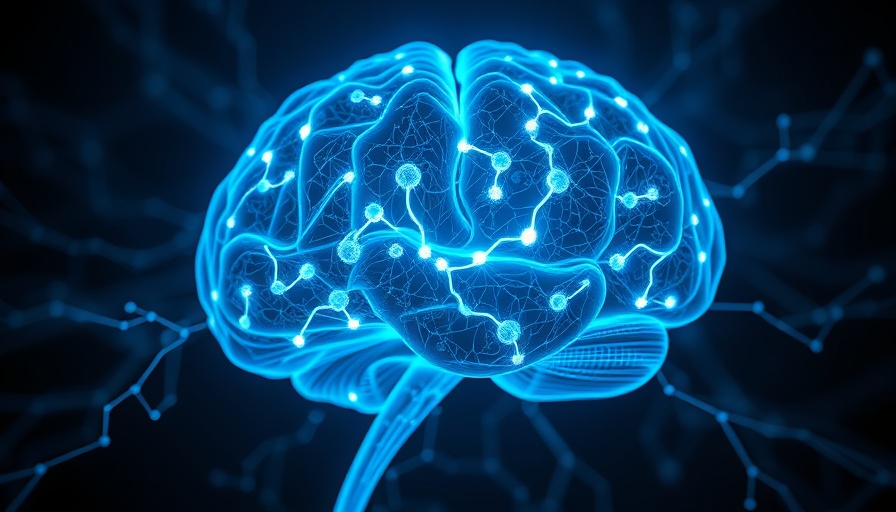
Understanding Dementia: Breaking Down the Stigma
Dementia, particularly Alzheimer's, is far more common than many realize, affecting nearly 7 million adults in the U.S. alone. As awareness grows, so too do the misconceptions surrounding these conditions. With predictions indicating a surge in cases—expected to reach a staggering one million new diagnoses each year within the next 35 years—it's crucial to confront the stigma and misinformation that plague dementia diagnoses.
Misunderstandings about dementia can lead to significant barriers, such as the erroneous belief that the early symptoms are merely signs of aging or that individuals with dementia are incapable of expressing their needs and preferences. These views can create a culture where early diagnosis is avoided, and necessary support is not sought.
The High Cost of Ignoring Dementia
Financially, the toll of dementia is nearing $1 trillion by 2050, a staggering statistic that highlights the urgent need for appropriate healthcare solutions. But it’s not just the financial burden that weighs on families—it’s the emotional and social challenges posed by stigma. Misconceptions surrounding dementia not only affect diagnosis rates but also impact the quality of care that individuals receive, leading to neglect in essential services tailored to their specific needs.
The Imperative of Timely and Accurate Assessments
The need for clinical assessments in dementia care cannot be overstated. These assessments play a pivotal role in accurately diagnosing the condition, guiding families to appropriate resources and options for care. States are tasked with balancing the personal sensitivity required in delivering dementia diagnoses against the systemic demands of healthcare delivery. Assessors trained in dementia-specific criteria can better navigate these complexities, benefiting both individuals and healthcare systems.
Embracing a Person-Centered Assessment Approach
A breakthrough in combating stigma is the implementation of person-centered assessments. These assessments are designed to respect and prioritize individual needs, mitigating barriers that inhibit access to care. By focusing on the person rather than the condition, the assessment process can foster a supportive environment, ultimately benefiting patients, families, and healthcare providers alike.
For instance, well-trained assessors utilize tools that account for the full spectrum of a person’s abilities and preferences. This approach allows for personalized care plans that reflect an individual’s unique needs, easing the pathway to appropriate care and support.
Innovative Solutions: Technology and Data in Dementia Care
Leveraging technology and data analytics has become increasingly vital in streamlining healthcare workflows. Innovations in data-driven assessments can enhance the quality and efficiency of dementia care, ensuring individuals receive personalized attention that meets their specific needs. These technologies are being integrated into clinical practices, leading to better outcomes and a more individualized approach to care.
The Path Forward: Reducing Stigma Through Awareness
Combating the stigma of dementia requires a concerted effort from families, healthcare providers, and communities. Knowledge and awareness can lead to better support systems that encourage early diagnosis and effective management of dementia. When individuals feel empowered to seek help without fear of stigma, they are more likely to receive timely and appropriate care.
Creating a culture of understanding about dementia is essential, and this starts with open conversations and education. Family members caring for aging parents can champion these discussions within their circles, encouraging others to break the cycle of misinformation.
Final Thoughts: As we work to dismantle the stigma associated with dementia through comprehensive, person-centered assessments, we create a more supportive environment for those affected by these conditions. By prioritizing understanding, empathy, and individualized care, society can improve the quality of life for millions of individuals living with dementia and their caregivers.
 Add Row
Add Row  Add
Add 




Write A Comment